Student journeys
Student account of her journey to Higher Education
Students usually begin the process of applying for university in the last two years of school and teachers play a key role in supporting this process. I remember it being a daunting change and I found the process from discussing higher education to completing my first year of university to be one of great learning, self-discovery and growth.
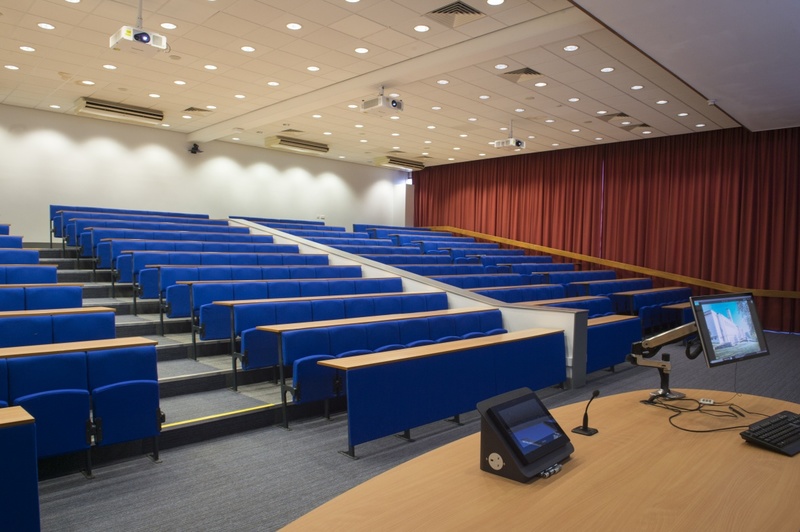
As a final year BA Education student, I look back on the process of applying to university with many memories of fear, anticipation and excitement. On reflection, I believe certain conversations could have been extremely valuable in helping to address misconceptions I had about higher education. This would have helped me to feel more supported and confident throughout the application process. Thus, I have identified a few key areas in which I believe teachers and careers advisers could help to ease this process, potentially increasing the appeal of applying to higher education to students that may currently see university as an unachievable goal.
Recognising open days as an opportunity
Once I had decided on a handful of higher education institutions to apply to I was straight online to register for their open days. Whilst I felt an intense buzz and excitement to visit the place I could end up spending the next three years of my life, I didn’t have a clue what to do once I’d arrived at the open day. Looking back it was easy simply to get caught up in the fascination of what a university is and what my bedroom might look like, however there were more important things to focus on. Simply walking around and getting a feel for the space and wider surroundings was something I had never considered when planning a schedule for the day.
On reflection, whilst formal talks are important to attend, much of that information can be accessed online. In fact, exposing students to what a lecture theatre looks like or what the students’ union is can be far more valuable in helping them to decide what kind of place they want to study. It might be useful to arrange an assembly, discussion group or even an organised trip with teachers outlining the importance of open days. Discussing what to expect and how to approach the day would provide some unsure or unmotivated students with the skills to get the most out of the experience. Furthermore, aiding students to plan prior to the open day may help to reduce feelings of being overwhelmed by the institution, creating a sense of it being an accessible place for students.
Pressure of the personal statement
One of the things that sticks in my mind when thinking back to applying to university is the fear and pressure I felt surrounding my personal statement. There were so many misconceptions surrounding the importance of the statement and how it was seen as near to impossible to write. Luckily, I was conscientious in starting the process early but only because of the rumours I had heard suggesting it would be such an unmanageable and difficult process to write it. I experienced a lack of support from teachers in understanding exactly what the personal statement was or how to find resources to help me. I know I would have benefited from a push in the right direction such as being instructed on how to structure the personal statement or being given a couple of previous examples. I believe teachers have the ability to change attitudes towards the personal statement which in turn can help students to view higher education as a more achievable academic goal.
Being realistic gets results
An extremely useful approach my school took towards applying to higher education was helping students make realistic decisions when choosing which universities to apply to, which in turn increased their conditional offers. All students were advised to use their five options wisely and be realistic in understanding their own academic abilities. Thus, we were suggested to choose one university that was asking for quite ambitious grades in regards to our personal ability and one that asked for a few grades lower than what we were expecting to obtain. The other three options could then be used to apply to institutions asking for the grades we were expected to obtain. Having a teacher give me this framework provided me with a useful starting point when researching universities. This made the whole process feel more achievable and less overwhelming.
Following my UCAS submission I was successful in gaining offers from all five universities I applied to, as did many other students at my school. I then began to believe I had the skills and abilities to follow through with this process of going to university. Thus, teachers introducing this framework for each individual early on in the process of applying to university can make a world of difference in avoiding unachievable offers from universities. I think this is so important in increasing the confidence of students in their abilities and reaping the reward of this on results day.
Academic learning transition
One of the things I was most nervous about when going to university was the shift to working at a higher academic level. At my school there was a common view that being a university student was ten times harder than being at school and you should know exactly what to do as soon as you arrive etc. I very quickly learnt that being a student at university wasn’t necessarily harder than school - just different. This alternative way of learning was something to get used to and luckily the lecturers on my course were aware of this, allowing my first semester to be a transitional period which led me to feel more confident in my capability to succeed at university. Whilst the lecturers on my course were extremely good at aiding this process, not all universities or degree courses may see this as a priority. Thus it is worth noting the wealth of support there is across the majority of higher education institutions to support this process such as welfare teams and academic support staff (often based in the library).
It is easy for students to be overwhelmed by the different changes they will face when going to university. They may only begin to look for support after having completed their introductory assignments. Teachers can help support the transition process by making students aware of the support networks available prior to starting university. Furthermore, by providing examples of university literature in the relevant school subjects teachers can ensure that students make the smoothest possible academic transition.
Unlock the full features
of Advancing Access
Create an account
To comment on our blog posts you need to either sign in or register an account. A free Advancing Access account will also enable you to:
>Download our full collection of CPD resources
>Take part in our online Virtual Conferences
>Keep up to date with the latest developments with our occasional emails (opt out available)


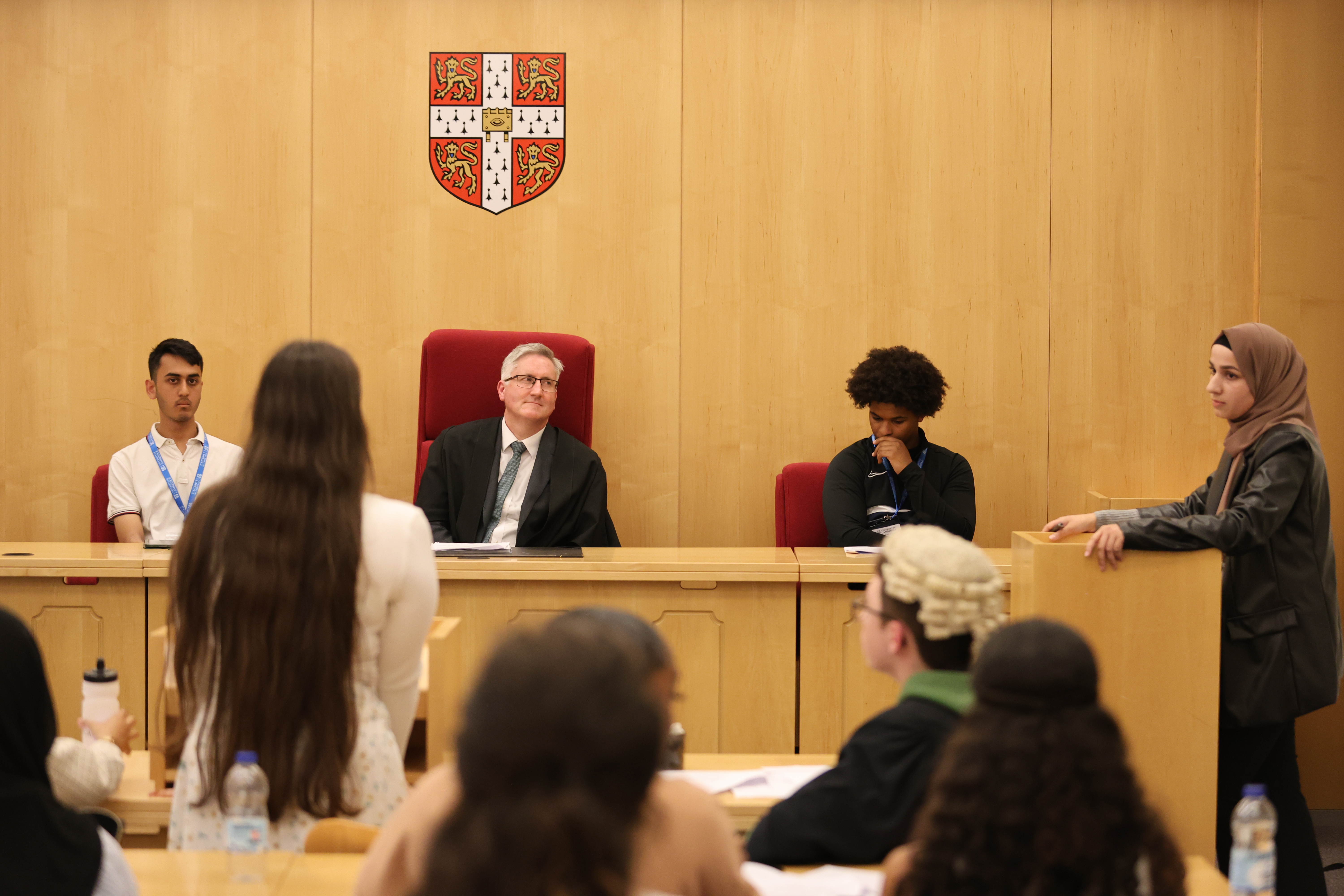
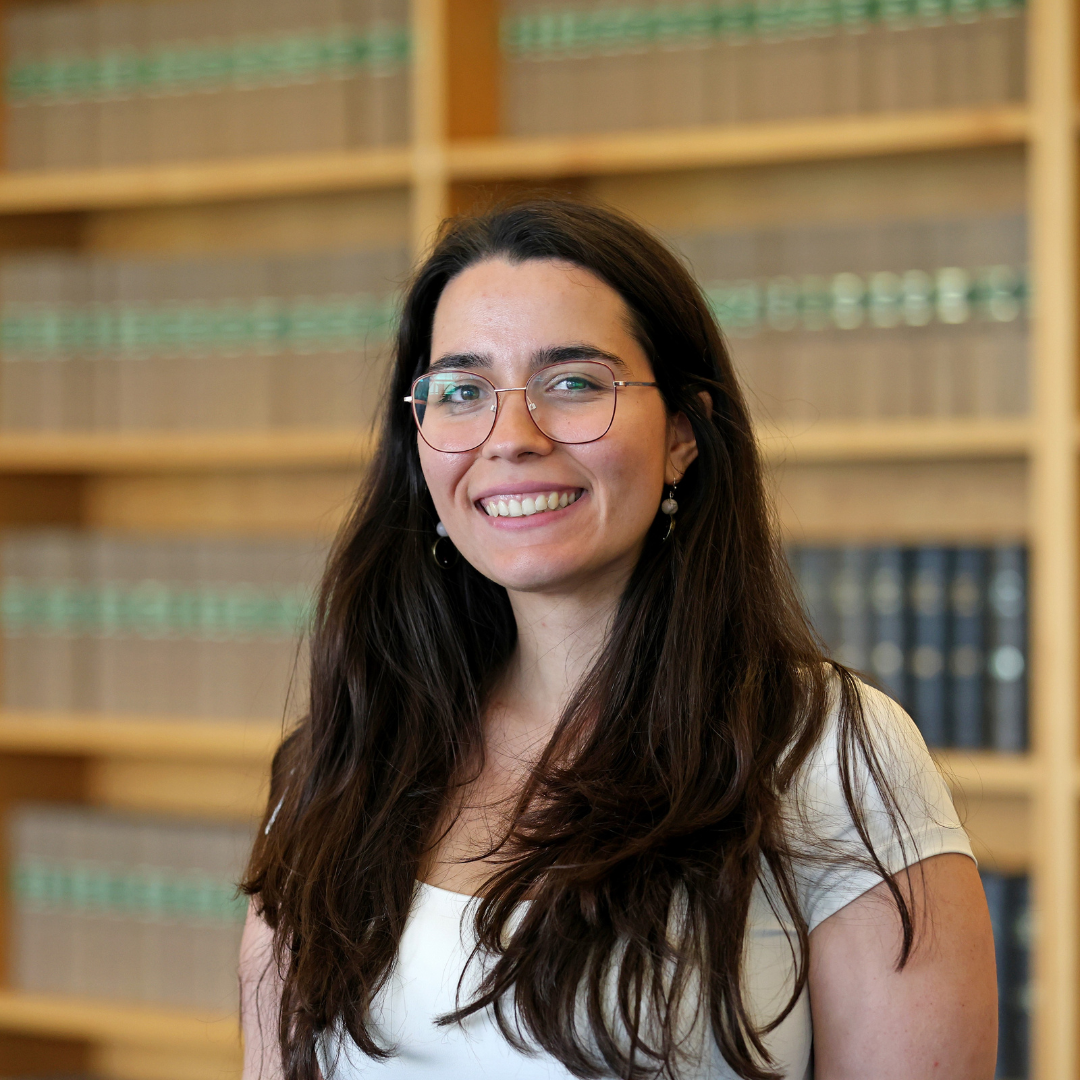
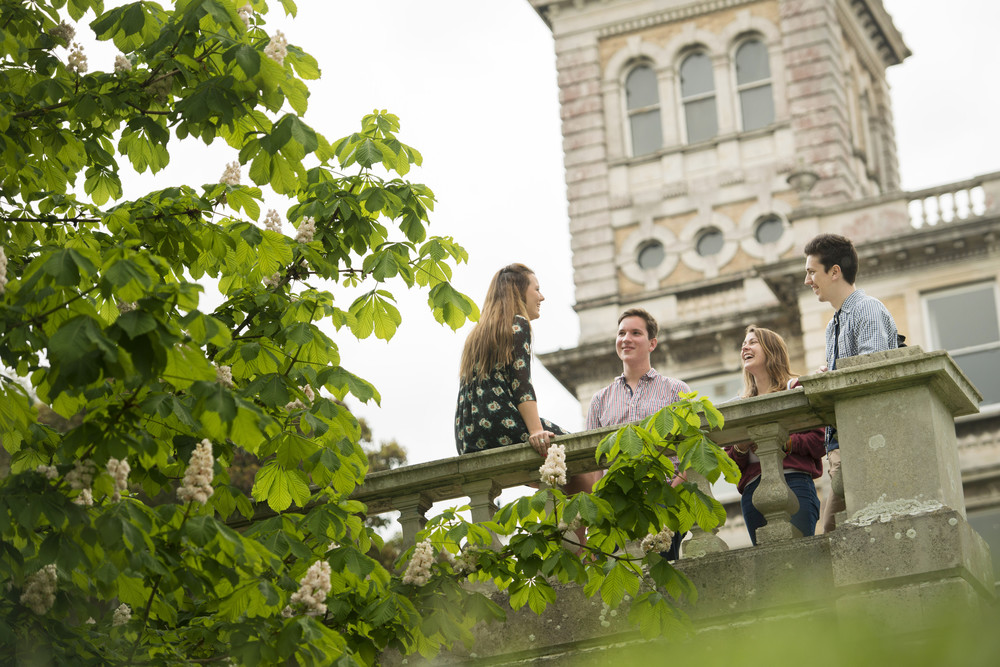
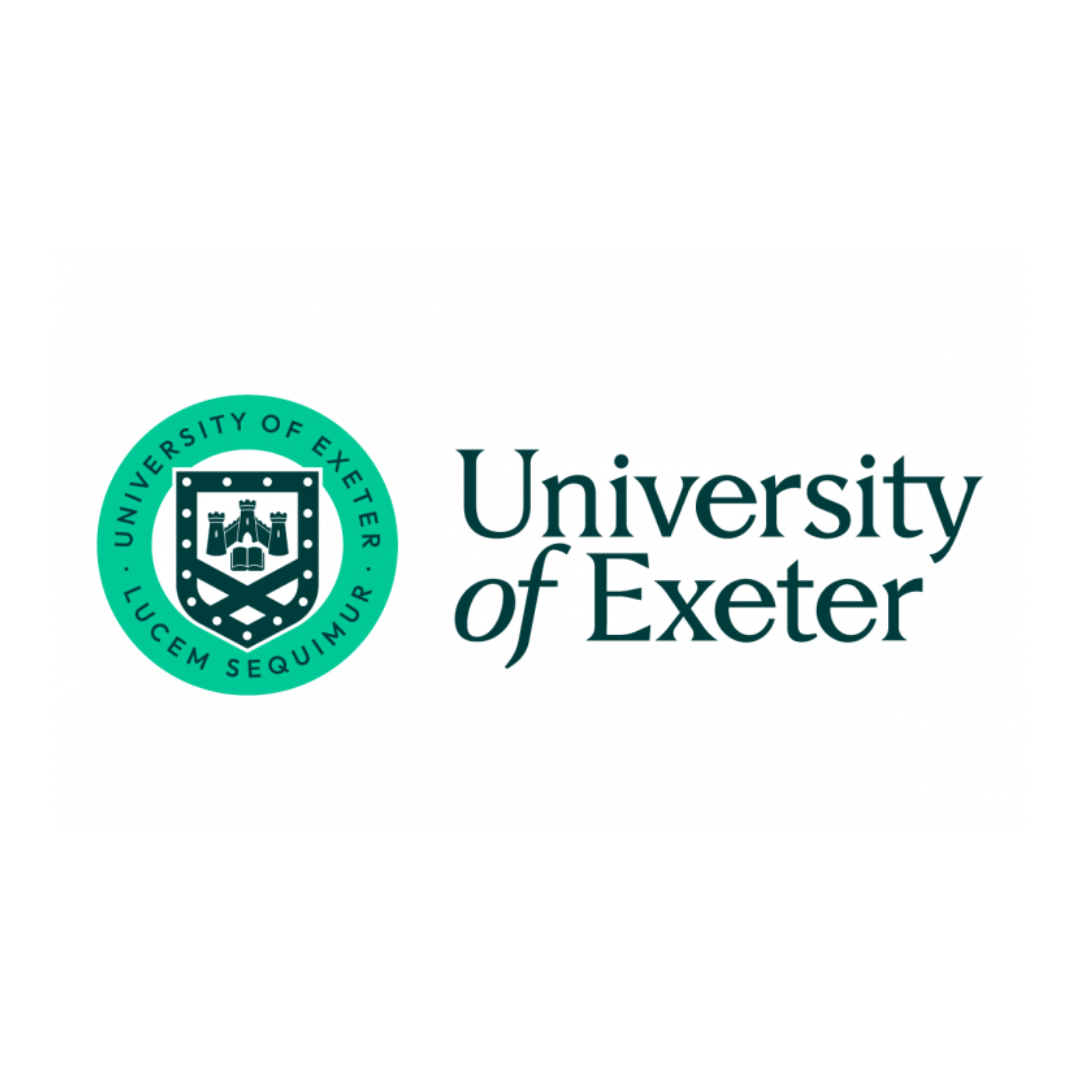
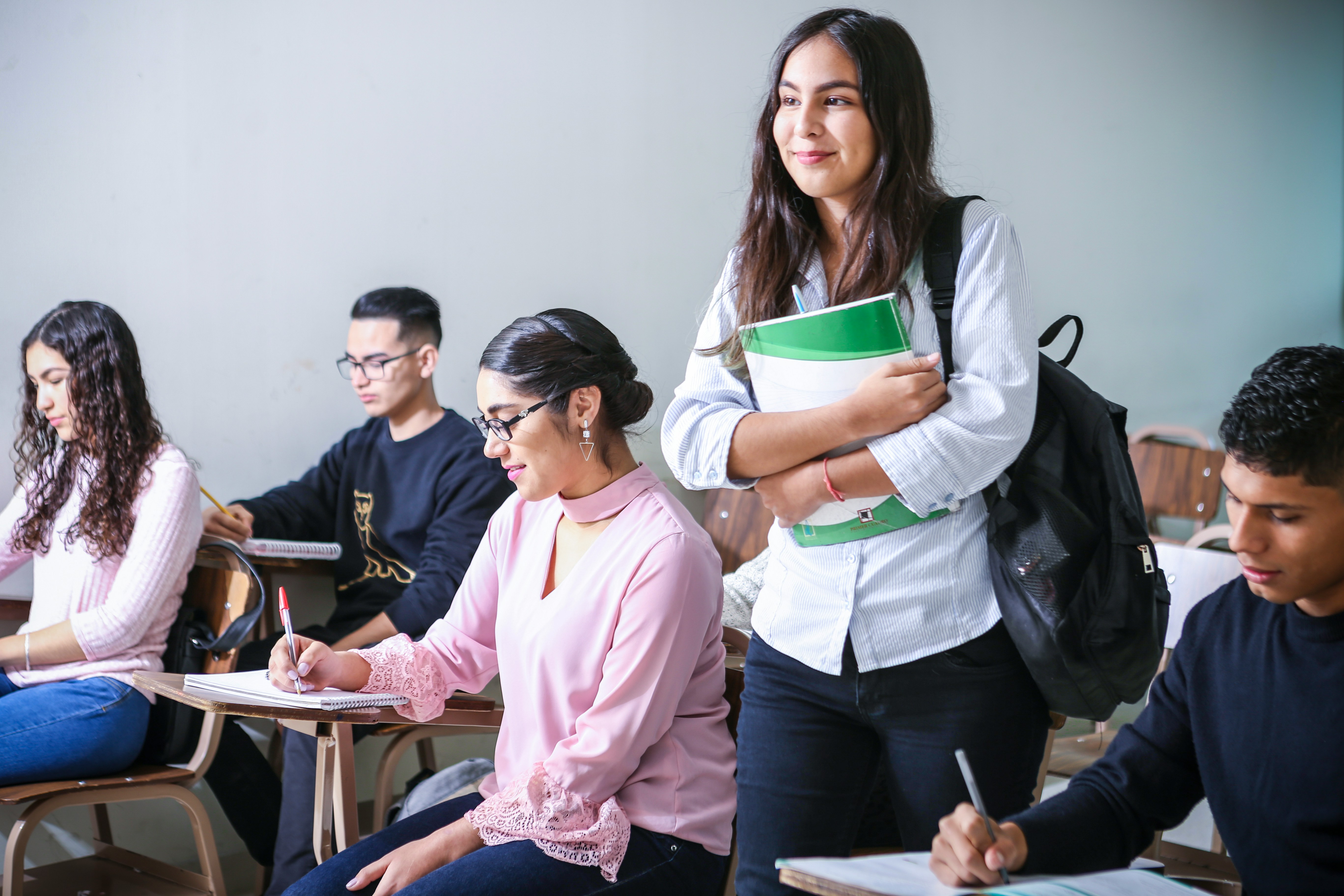
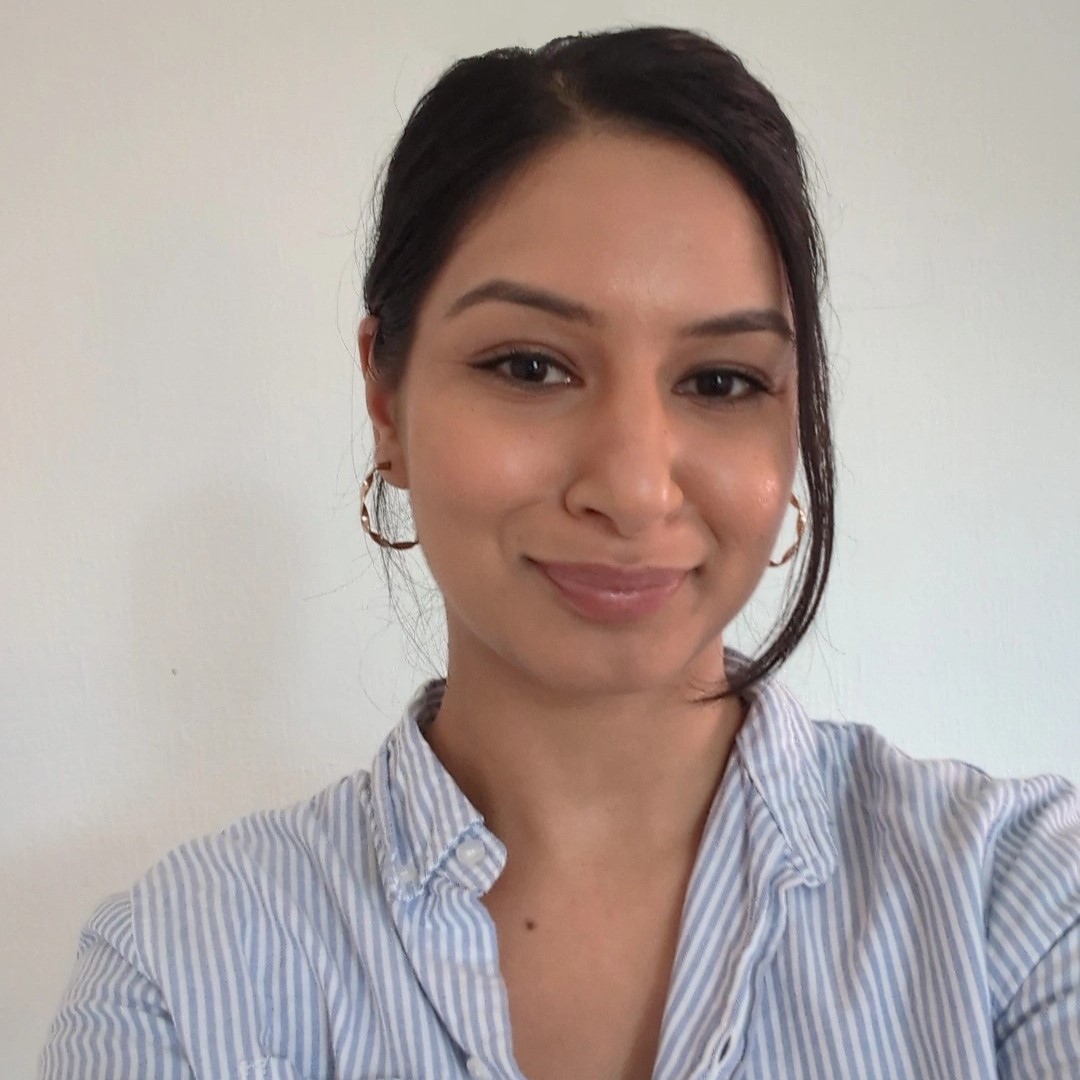
Comments